We have on our committee Neurologists, Molecular Diagnostics experts, Pathologists, and more, along with distinguished advisors and eminent international advisors.
Together, we work to build India’s best MND support
%20(1).jpg)
Founder, Managing Trustee Dr. Shyama Narang Foundation (MND Trust)
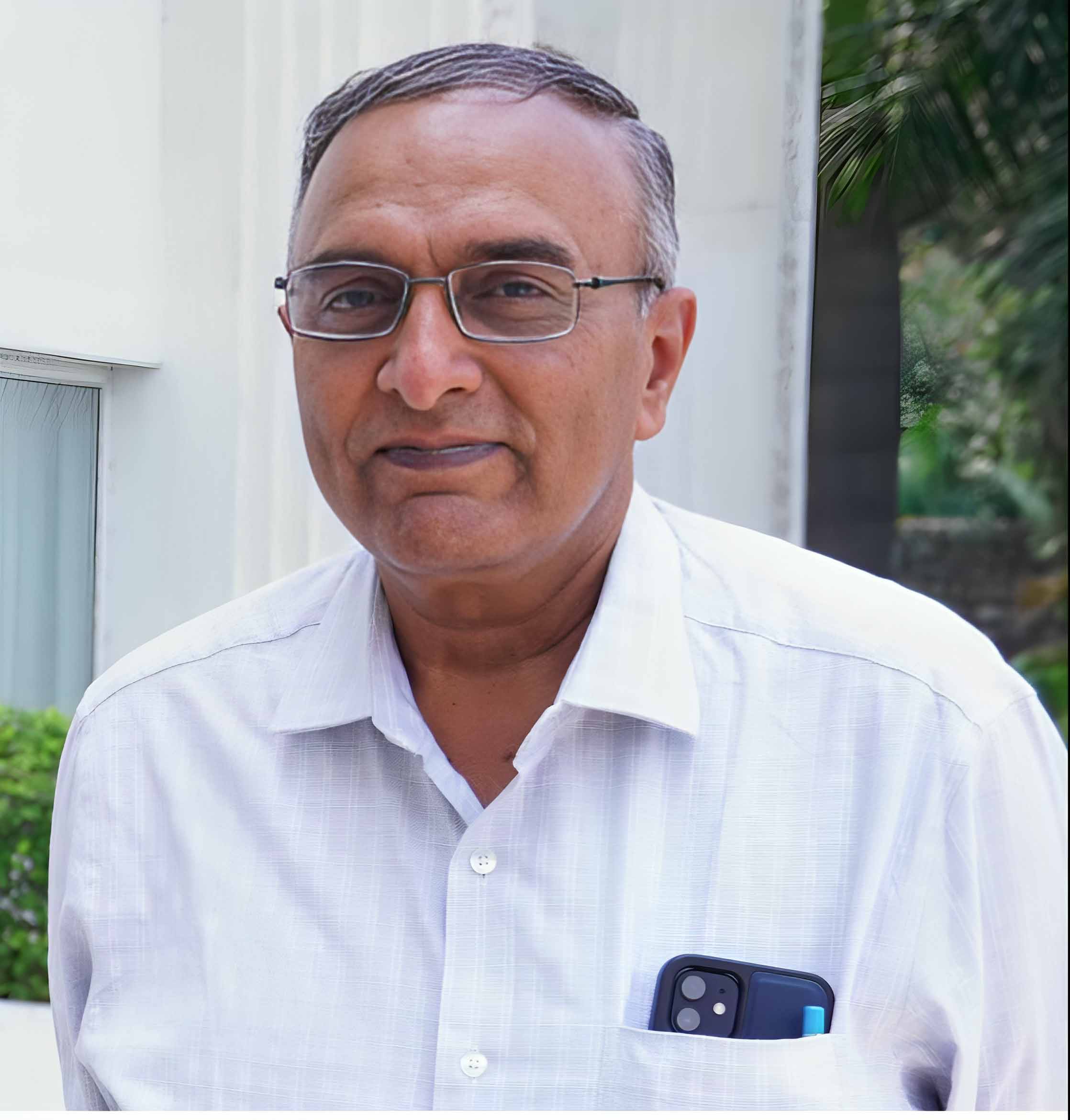

Founder Trustee (Treasurer)
Specialists Dental Clinic

DOMS, FMOH - Ophthalmology
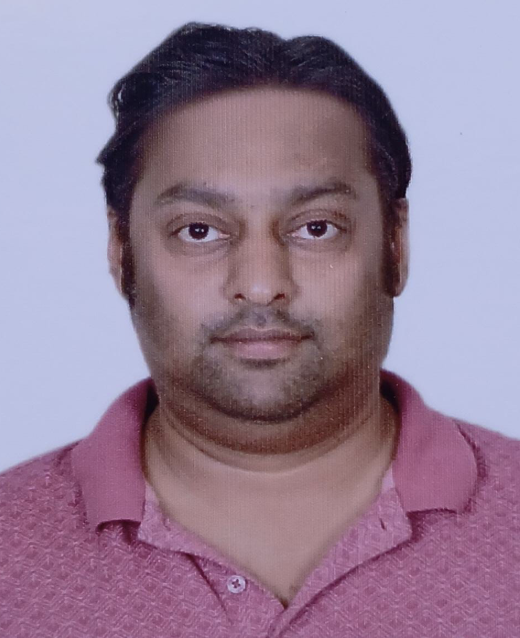
Mechanical Engineer, GM at Bimal Auto Agency,
(Maruti Suzuki authorised Dealer)

Chief Administrative Officer,
Dr. Shyama Narang Foundation (MND Trust)
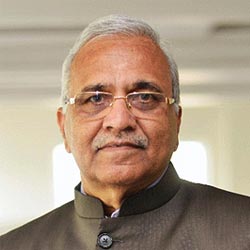
Director General, Association of Healthcare Providers; recognized founder of healthcare quality standards in India.
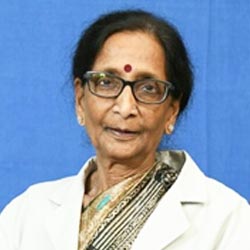
Emeritus Neurology Professor, IHBAS; former NIMHANS Director/Vice Chancellor; leader in Indian neurological research and education.
Know More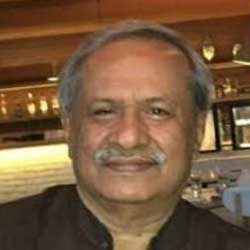
Advisor, Dr. Shyama Narang Foundation; Former NIMHANS Dean and Senior Professor; committee member, Society for Neurosciences, USA.
Know More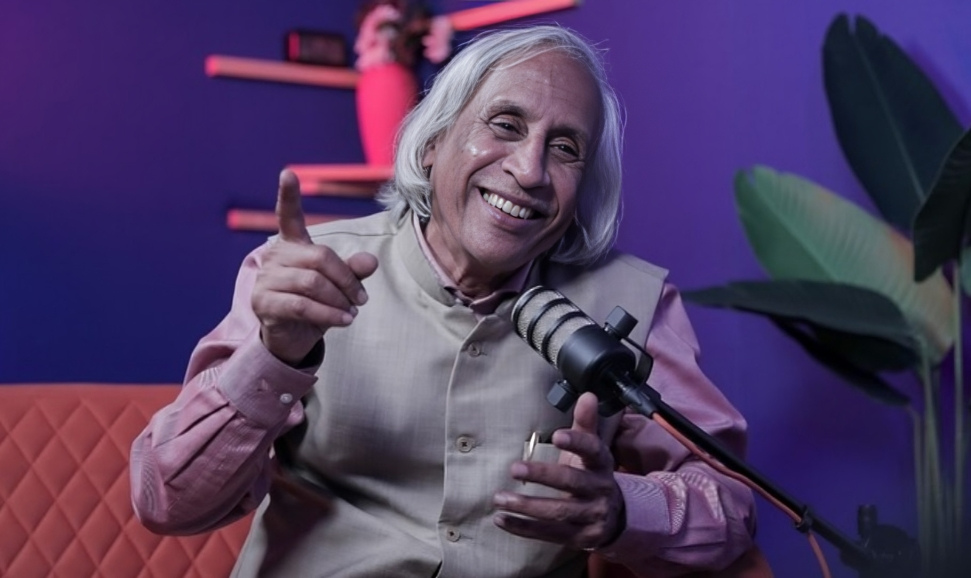
India’s Lead Man, acclaimed advisor, international award winner, published scientist, and pioneer in environmental health standards.
Know More
Over 30 years in healthcare; influential in national health associations and policies; driving healthcare sector reforms in India.
Know More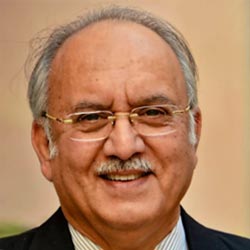
Professor and Head of Biochemistry, AIIMS Jodhpur; 40 years’ teaching and 170+ research publications in leading journals.
Know More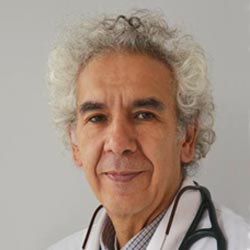
Expert in High Altitude Medicine, heads High Altitude Pulmonary & Pathology Institute, IPPA, La Paz, Bolivia.
Know More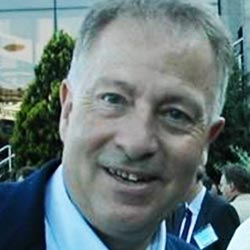
Professor of Neurology, University of Padova, Italy; Director, Neurology Residency; authority on metabolic myopathies.
Know More
Distinguished physiotherapist, Dr. Shyama Narang Foundation; 10 years of experience; advances clinical physiotherapy and research.
Know More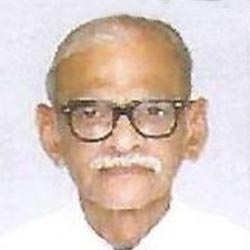
Senior Consultant, Clinical Biochemistry, multiple hospitals; Academic Director, Foundation for Quality India; expert in biochemistry.
Know More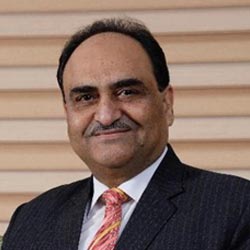
Head, Biochemistry, King George’s Medical University; over 30 years’ teaching, research, and 350 scientific publications.
Know More
Biochemistry educator and researcher; Association of Clinical Biochemists of India and Society Free Radical Research member.
Know More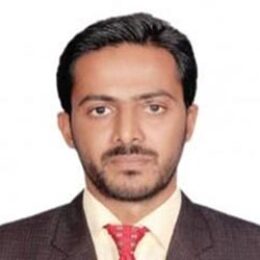
Principal Scientist, CSIR-IGIB; specializes in molecular biology, genetics, neuroscience, and ataxia research.
Know More
Founder, Jyothirgamayee Foundation; healthpreneur specializing in nursing, adolescent wellbeing, social healthcare, and juvenile reformation.
Know More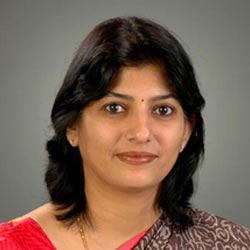
Medical professional, 30 years’ experience in healthcare, specializing in accreditation, quality, and process improvement.
Know More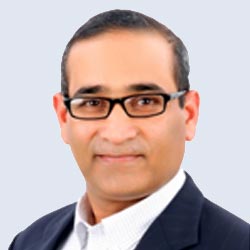
Founding director, social entrepreneurial initiative; faculty at Indian Institute of Science promoting research-driven social impact.
Know More

families supported
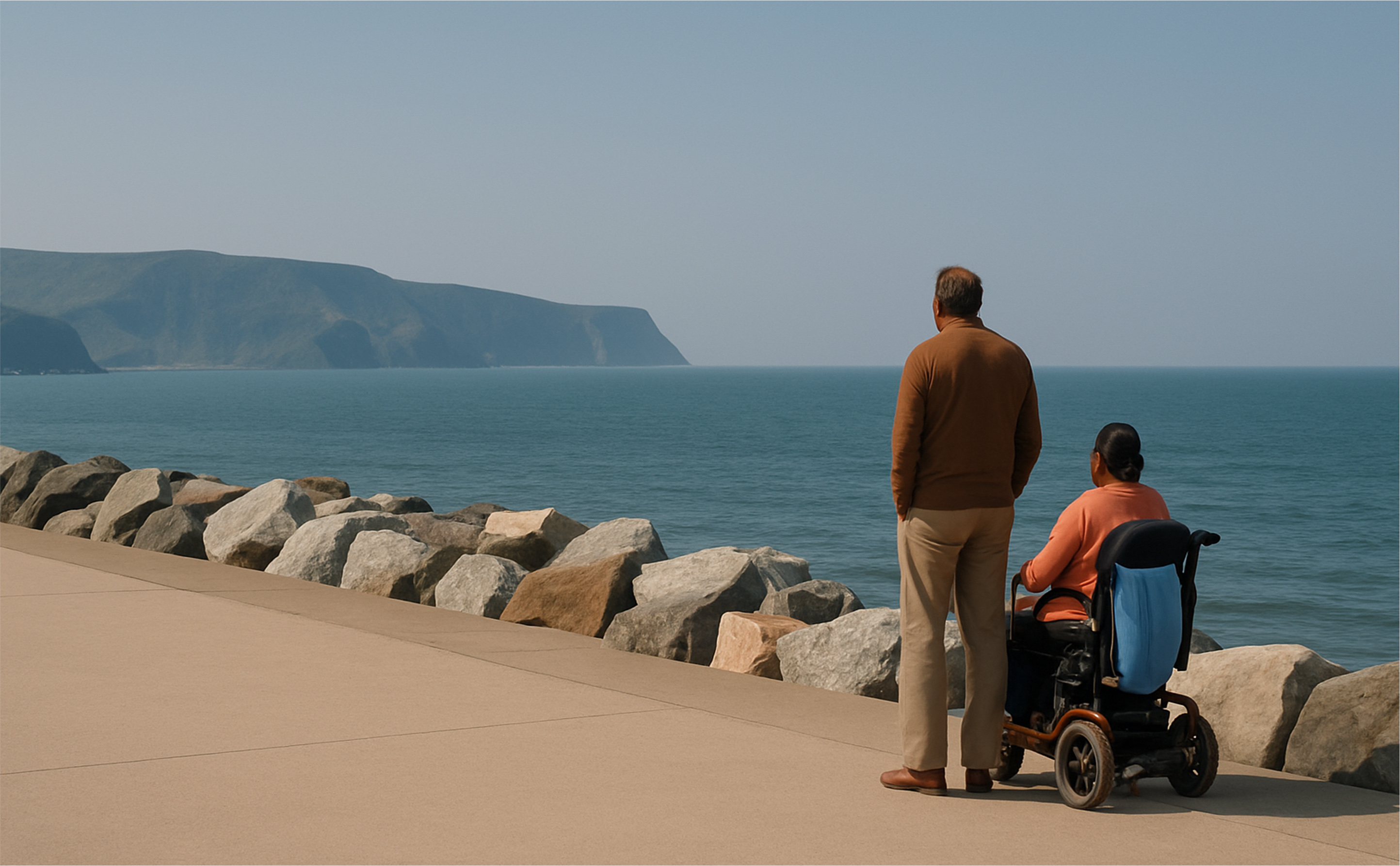
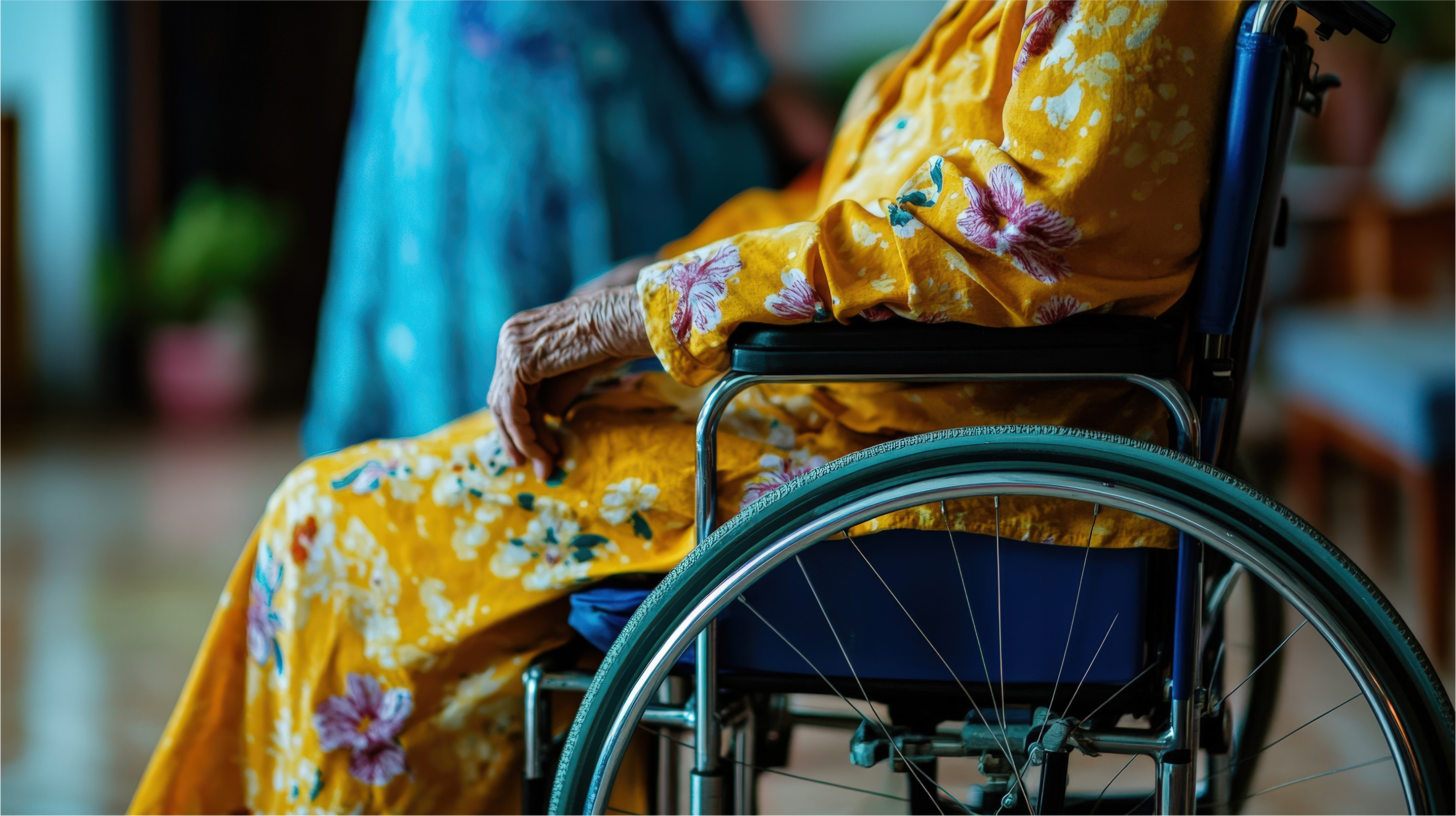








Motor Neuron Disease (MND) affects the nerves that carry signals from the brain to the muscles. Over time, these nerves stop working properly, causing muscle weakness, stiffness, and difficulty with movement, speaking, swallowing, and breathing. Each person experiences the disease differently.
Currently, there is no cure. However, there are medications, therapies, and support systems that can improve quality of life and slow progression. Research is ongoing, and we are committed to keeping you informed about new developments.
Life expectancy with MND varies greatly. While some individuals may live only a few years, others continue for much longer-especially with early intervention, assistive technologies, and a strong care system. MND can be managed like many other chronic conditions. What truly makes a difference is the patient’s willpower, emotional resilience, and the love, patience, and dedication of family members. Together, this support can help maintain dignity, comfort, and connection throughout the journey.
Early signs may include:
Weakened grip or difficulty holding objects
Frequent tripping or stumbling
Changes in speech or slurred speech
Difficulty swallowing
Persistent cramps, stiffness, or muscle twitching
There is no fixed life expectancy with MND. Some people live only a few years, while others livAlthough there is currently no cure for MND, several therapies and interventions can provide significant support. Physiotherapy helps maintain mobility and strength, while respiratory support can ease breathing difficulties. Speech and communication aids allow patients to stay connected with others, and nutritional planning combined with swallowing therapy ensures proper nourishment. Additionally, mobility equipment plays a vital role in preserving independence and improving overall quality of life.e much longer. Quality of life and supportive care play an important role in survival and wellbeing.
MND can look similar to other conditions. There's no single test for it, so doctors must rule out other causes. This careful process helps avoid misdiagnosis. While the ‘wait and watch’ period can be stressful, it’s part of making sure you get the right care.
We completely understand the strong desire to try every possible option when facing a diagnosis like MND. It's a very human response-and it comes from a place of hope.However, please be cautious when exploring alternative or herbal remedies. Many of these are not backed by scientific research, and some may actually harm your gut health. For individuals with reduced mobility, any digestive issues can quickly lead to serious complications, such as poor nutrition, discomfort, and risk of infection.
You may come across online claims-especially on platforms like Facebook-about herbal cures from certain doctors in other countries who claim to have reversed MND. These stories are not true. If such a breakthrough had really occurred, it would have been globally recognized by the medical community and published in scientific journals. In fact, it would likely have won the Nobel Prize.We urge you to speak with your neurologist before trying any alternative therapy. Your health and safety must come first, and our team is here to support you in making informed choices.Maintaining gut health through a well-balanced diet is essential. We recommend small, frequent meals-about 4 to 5 times a day. Include leafy vegetables, seasonal fruits, dry fruits, and whole grains in your diet. Since there is no medicine currently known to stop or reverse MND, food becomes medicine-offering natural nutrients in easily digestible form, helping sustain strength and overall well-being.
MND can gradually affect speech, making it harder to express thoughts verbally. We strongly encourage early voice banking-a process where you record your natural voice while it’s still strong. This allows assistive devices to later replicate your unique voice for communication.We also recommend using communication boards, speech-generating devices, and practicing speech therapy to maintain your ability to connect with loved ones.In addition to medical tools, simple practices like pranayama (deep breathing exercises) can support lung and vocal muscle strength. You can refer to YouTube for some useful tips. Even chanting or vocalizing sounds-as loudly and clearly as you're able, for a few minutes daily-may help preserve control over the muscles around the vocal cords. You can do this for at least an hour a day, or whenever it feels comfortable. The goal is not just to preserve speech, but to ensure that your voice-your presence-is heard and felt.
As MND progresses, swallowing can become challenging. Switching to soft, blended, or pureed foods can make eating safer and more comfortable. A trained nutritionist can help you maintain a balanced diet and ensure you're still getting all the necessary nutrients to stay strong.In some cases, when oral intake becomes insufficient or unsafe, feeding tubes may be considered. One of the most recommended methods is PEG (Percutaneous Endoscopic Gastrostomy) tube insertion. This procedure is generally safe and minimally invasive-but it’s best done early, when your overall health is still stable enough to tolerate a short surgical procedure.
Although there is currently no cure for MND, several therapies and interventions can provide significant support. Physiotherapy helps maintain mobility and strength, while respiratory support can ease breathing difficulties. Speech and communication aids allow patients to stay connected with others, and nutritional planning combined with swallowing therapy ensures proper nourishment. Additionally, mobility equipment plays a vital role in preserving independence and improving overall quality of life.